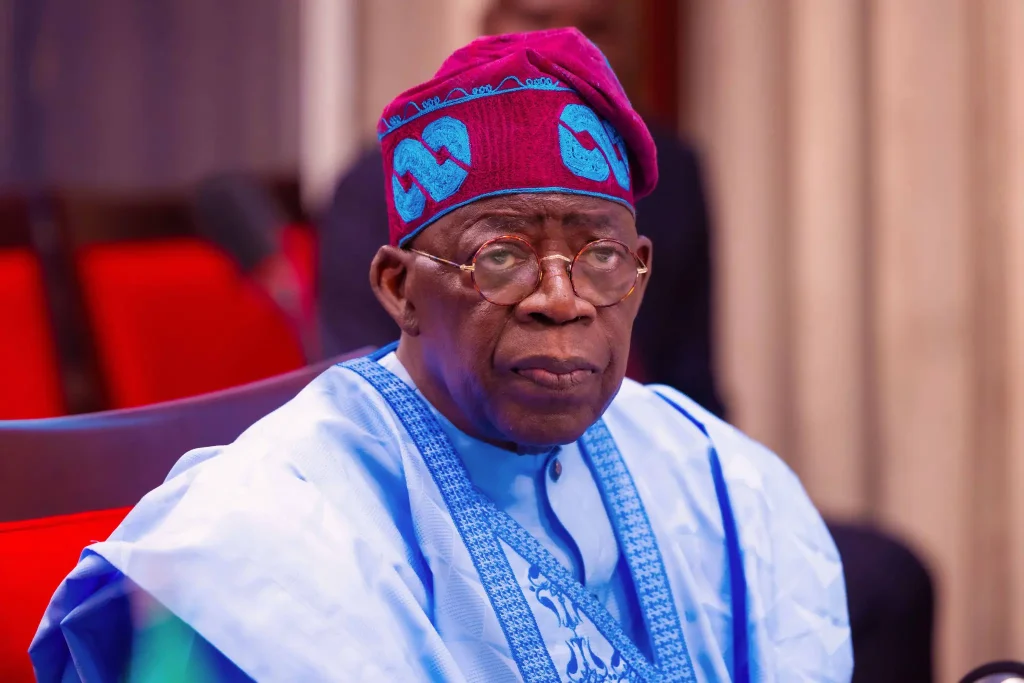A discussion with Senior Advocate of Nigeria, Isiaka Olagunju, sheds light on the complexities of recent governorship election appeals at the Supreme Court and calls for judicial reforms.
In the aftermath of the recent general elections, the call for amendments to the Electoral Act has ignited debates. Isiaka Olagunju emphasizes that while amendments are necessary to adapt the law to evolving needs, the focus should be on targeted improvements rather than broad changes.
Addressing the issue of burden on the Supreme Court, Olagunju advocates against decentralization, highlighting the importance of a unified legal interpretation. He stresses that many disputes should be resolved at the Court of Appeal level to streamline the judicial process.
When discussing the composition of the Supreme Court, Olagunju suggests appointing younger justices to enhance efficiency and bring fresh perspectives to legal deliberations, rather than merely increasing the number of justices.
Regarding retirement age for judges, Olagunju argues for a balance between experience and agility, cautioning against extending retirement ages at lower courts to maintain effectiveness and prevent case backlogs.
While acknowledging concerns about judicial welfare and potential influence from external sources, Olagunju underlines the necessity for judges to uphold integrity and fairness independently of external factors.
On the financial autonomy of the judiciary, Olagunju advocates for direct funding from the Federation Account to ensure transparency and accountability in judicial finances, emphasizing the need for regular audits to promote fiscal responsibility.
Reflecting on recent election rulings, Olagunju dismisses the notion of surprise outcomes, citing his own legal experiences where decisions varied across court levels. He sees such variations as inherent to the legal process, underscoring the dynamic nature of judicial interpretation.
The Supreme Court’s Rulings on Governorship Elections: Unraveling the Legal Dynamics
In a recent turn of events, the Supreme Court’s judgments on governorship elections have sparked both curiosity and controversy. As we delve into the intricacies of these rulings, one thing becomes evident – the legal system’s complexity and resilience.
When dissecting the aftermath of the Supreme Court’s decisions, many ponder the reasons behind such outcomes. Speculations arise about potential inconsistencies overlooked by lower courts. However, it is crucial to understand that the Supreme Court’s role transcends mere alignment with prior rulings; it seeks true and consistent justice.
Despite claims of bias or compromise, the Supreme Court stands firm in its adherence to legal principles. Emphasizing the significance of direct evidence and credible witnesses, the court upholds integrity in its verdicts. The notion of serving governors benefiting from these rulings is dispelled, as judgments are based solely on presented facts.
As these legal battles unfold, the judiciary’s reputation hangs in the balance. While some question the impact on public trust, others view these rulings as a testament to the system’s robustness. The need for transparency and accountability echoes loudly, urging the legal fraternity to uphold the rule of law.
Amidst these debates, the Nigerian Bar Association (NBA) emerges as a pivotal player in shaping justice delivery reforms. Advocating for continuous professional development and specialized training, the NBA aims to elevate legal standards and enhance courtroom practices. By championing these initiatives, the NBA can pave the way for a more efficient and equitable judicial system.
As the legal landscape evolves, the Supreme Court’s rulings serve as a reflection of our commitment to upholding justice. While debates may linger and skepticism may arise, the core principles of law and fairness remain steadfast. It is through such challenges and debates that our legal system evolves, ensuring a just and accountable society for all.



